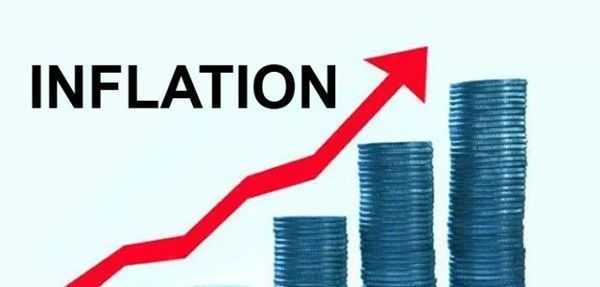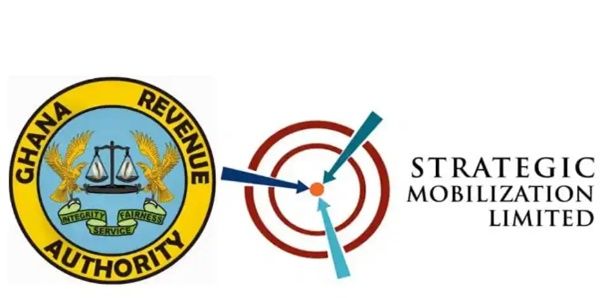
The Bank of Ghana is forecasting a progressive decline in headline inflation by the end of 2024.
According to the Central Bank, inflation is expected to fall to between 13 – 17%, before gradually trending back to within the medium-term target range of 6 – 10% by 2025, barring any shocks.
This was contained in the BoG January 2024 Monetary Policy Report.
The report indicated that the major risk to the inflation outlook is linked to the escalation of geopolitical tensions and potential spillovers to the commodities markets, especially international crude oil prices, which could undermine the disinflation process.
However, it said there are clear indications that the current macroeconomic framework being implemented with the support of the International Monetary Fund-Economic Credit Facility programme is yielding results.
“In the outlook, the disinflation process is expected to continue, although inflation is expected to remain above the upper band of the medium-term target of 8±2 percent until 2025,” it pointed out.
“All the Banks’ [Central] measures of core inflation are on a downward trend and projected to decelerate further, indicating a continued easing of underlying inflationary pressures,” it added.
Moreover, the Bank of Ghana said improved forex inflows from the IMF-ECF disbursements, receipt of the cocoa syndicated loan, and expected funding from the World Bank will improve foreign exchange inflows.
“Also, the Gold for Reserves programme, repatriation of foreign exchange from the mining and oil companies, and a reduction in debt service payments, would provide additional support towards reserve build-up and, in turn, exchange rate stability to help anchor the disinflation process,” it concluded.
Inflation went up marginally in January 2024 to 23.5% as it resumed the upward trajectory, data from the Ghana Statistical Service (GSS) has revealed.
This follows five consecutive months of decline.
According to the GSS, the increase in year-on-year inflation was influenced by a sharp surge in non-food items including housing, clothing and transport. Non-food inflation increased to 20.5% in January 2024 from 18.7% in December 2023.










